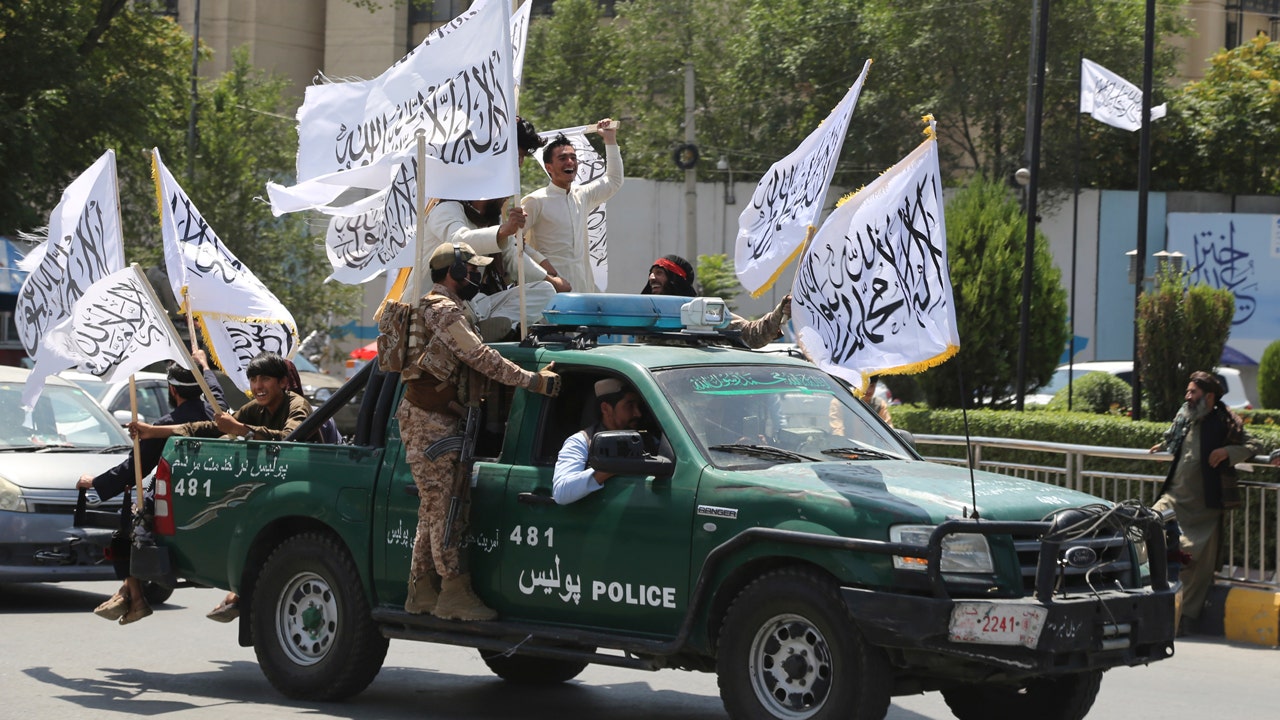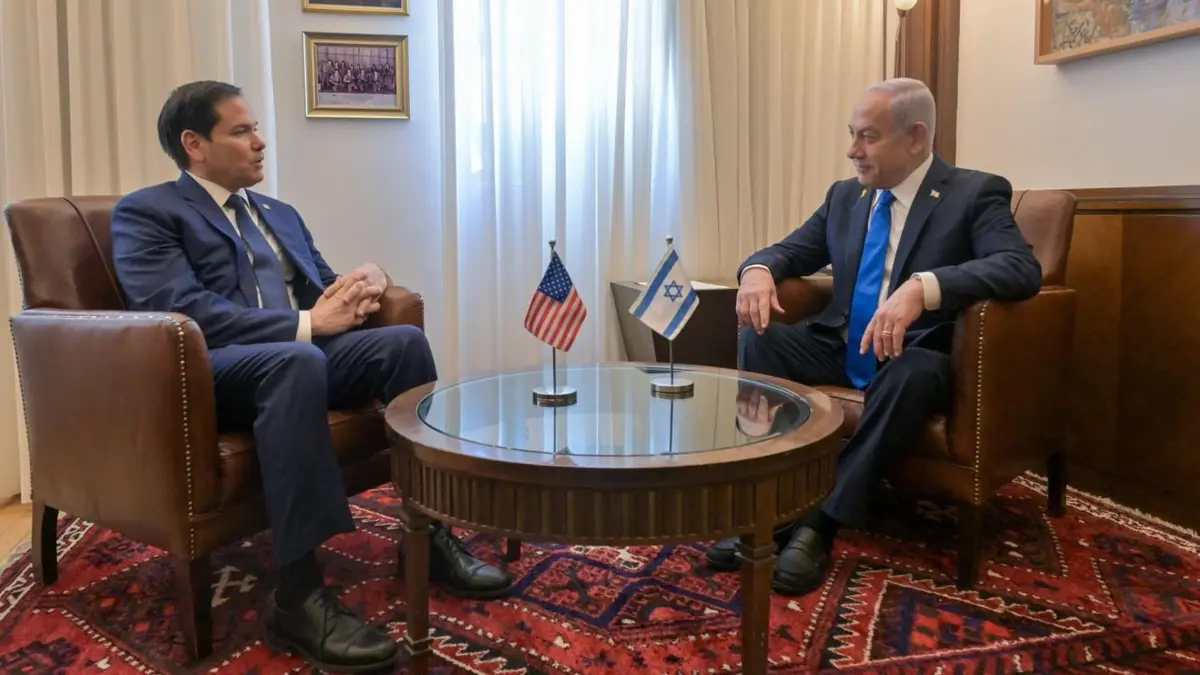Sanctions hit two Iranian financiers and a web of firms in Hong Kong and the UAE over alleged $100 million in digital-asset transfers for Iran’s state and military coffers
The United States on Tuesday sanctioned two Iranian nationals and more than a dozen people and companies across Hong Kong and the United Arab Emirates for allegedly coordinating $100 million in cryptocurrency transfers derived from Iranian oil sales for the benefit of Tehran’s government and military. The Treasury Department said the network funneled proceeds through overseas fronts to obscure origin and ownership, tightening the screws on a critical revenue stream for Iran.
Shadow banking under scrutiny
Treasury identified Iranian nationals Alireza Derakhshan and Arash Estaki Alivand as coordinators of the scheme, accusing them of purchasing digital assets tied to oil sales and moving the funds through a lattice of front companies. Officials described the apparatus as shadow banking designed to evade sanctions. The designations block access to any U.S. property and bar U.S. persons from doing business with listed parties. Treasury’s John K. Hurley said Washington will continue to disrupt financial streams that fund Iran’s weapons programs and malign activities in the Middle East and beyond.
Sanctions in step with allied pressure
The action follows a European move by France, Britain and Germany to trigger a snapback mechanism that reimposes all United Nations sanctions on Iran over its nuclear program, citing Tehran’s departure from the 2015 accord. Efforts by Washington and Tehran to craft a new deal stalled after a 12 day Israeli bombardment of Iranian nuclear and military sites and a U.S. bombardment on June 22, underscoring the volatility that has complicated diplomacy and reinforced the need for deterrence alongside dialogue.
Crypto’s role in sanctions evasion
Chainalysis estimates that sanctioned jurisdictions and entities received $15.8 billion in cryptocurrency in 2024, roughly 39 percent of all illicit crypto transactions. That scale demands tighter, coordinated enforcement among Western partners and financial hubs alike, including enhanced know your customer standards and rapid information sharing. The objective is clear, protect open markets while choking off illicit finance that underwrites proliferation and regional destabilization.
A measured course for stability
By striking the financial arteries behind Iran’s oil to crypto pipeline, the U.S. is defending core national interests, safeguarding allies, and reinforcing maritime and energy security. Targeted sanctions, applied with allied unity and clear off-ramps for lawful commerce, can constrain Tehran’s coercive toolkit without punishing ordinary Iranians. The message is steady and firm, Western resolve remains intact, and the cost of evasion is rising.





